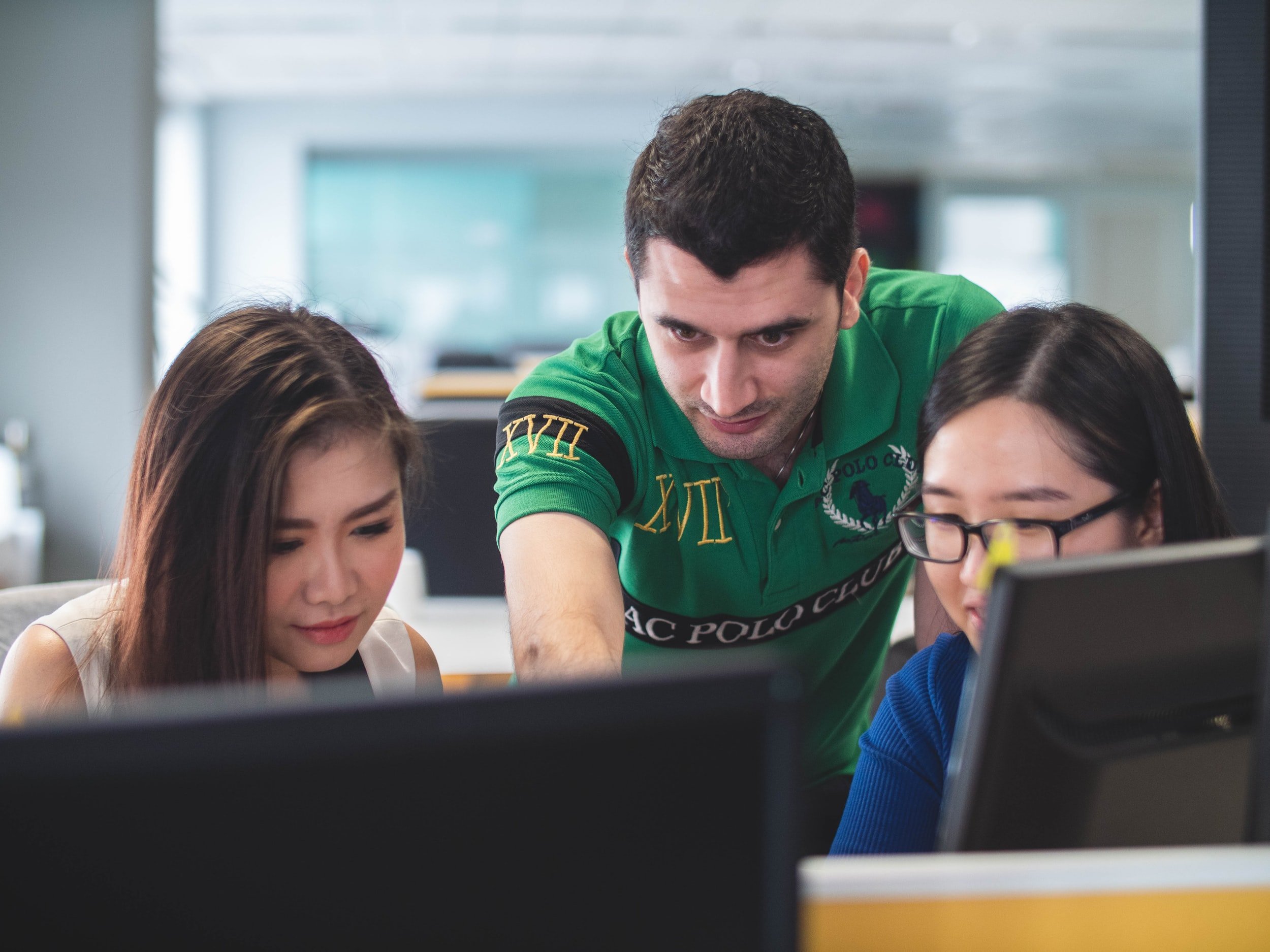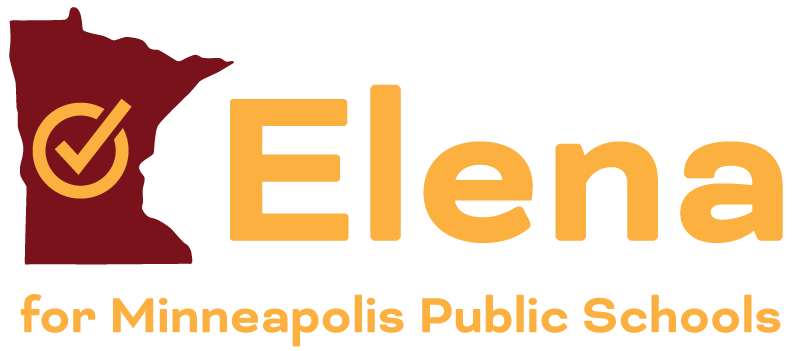
Mission 21st Century Students
“The principal goal of education in the schools should be creating students who are capable of doing new things, not simply repeating what other generations have done.” - Jean Piaget
Transparency should be a bedrock for the Minneapolis Public Schools from the budget line items to the minutes in meetings of the executive core of Minneapolis Public Schools to the policies and procedures regarding our students. and our teachers.
Innovation may be the key to rescuing students who are struggling and inspiring our students to learn and be more proactive in their own learning pathways.
Security is imperative to run a safe school including physical security, data security and trust in leadership. Comprehensive planning and protocols developed in collaboration with civic and city partners and the creation of safe-school tools which incorporate current knowledge of students, teachers, school leadership and community are mission-critical to proactively ensuring safety.
Achievement is keeping a high-performing teaching workforce whose skills are regularly refreshed and who are given the tools and permission to be great teachers. Great teachers inspire their students to reach beyond their current level of achievement. Students need more than a one-size-fits-all learning approach. There are at least 4 different learning styles in our student population. At a minimum, we should model each student to understand how they learn best and in which type of learning environment. The mission is to maximize student achievement. We want your student to learn in a manner that he or she can learn best.
What are 21st Century Skills?
Here is a short list of the skills most in need in the 21st century workforce. 21st century skills refer to the knowledge, life skills, career skills, habits, and traits that are critically important to student success in today’s world, particularly as students move on to post-high school workforce tracks, colleges, and adult life.
Critical Thinking
Communication skills (spoken and written)
Creativity & Innovation skills
Problem solving
Collaboration
Information literacy
Civic literacy
Media literacy
Technology skills and digital literacy
Software skills and coding literacy
Global awareness
Social responsibility

